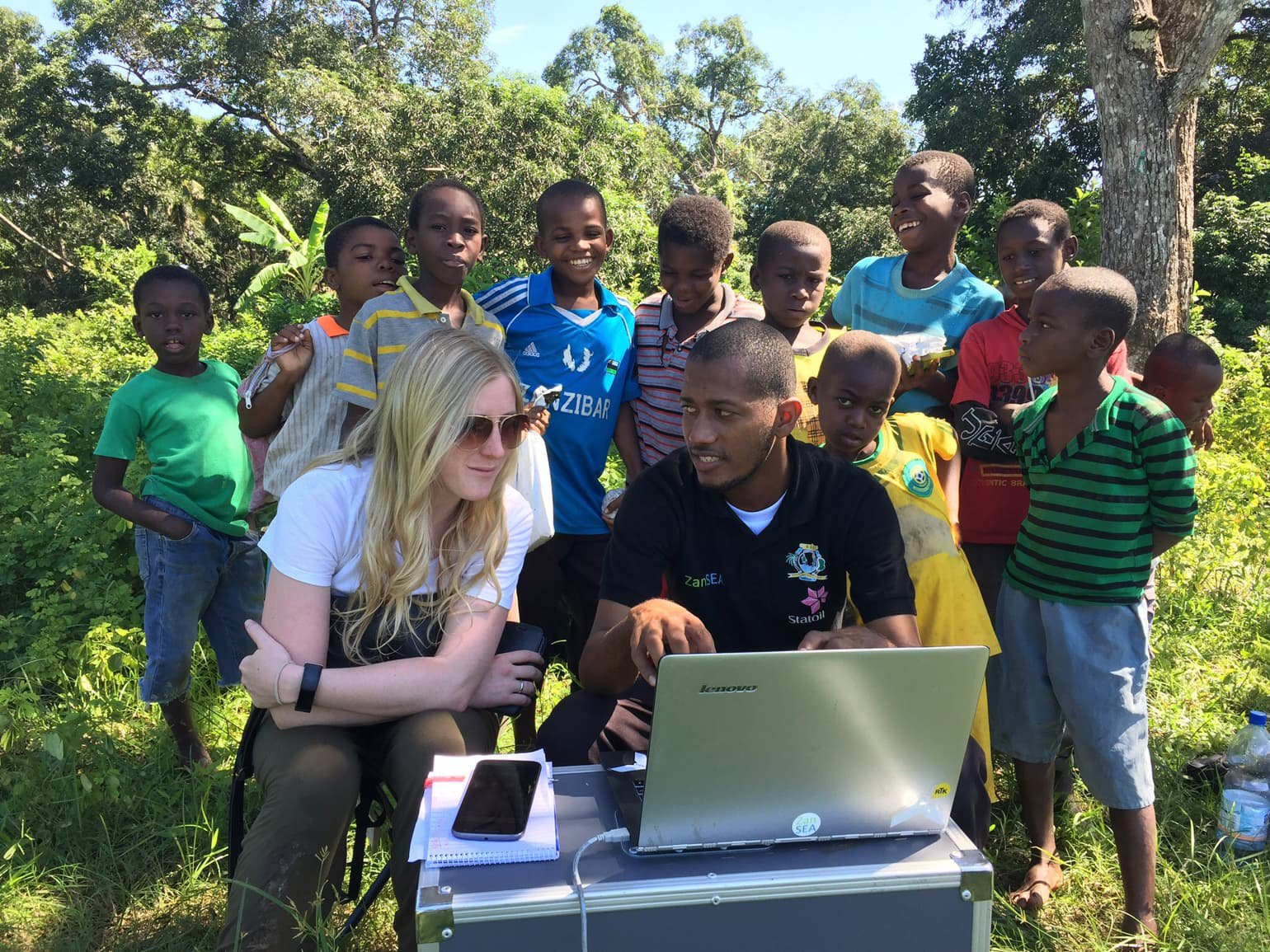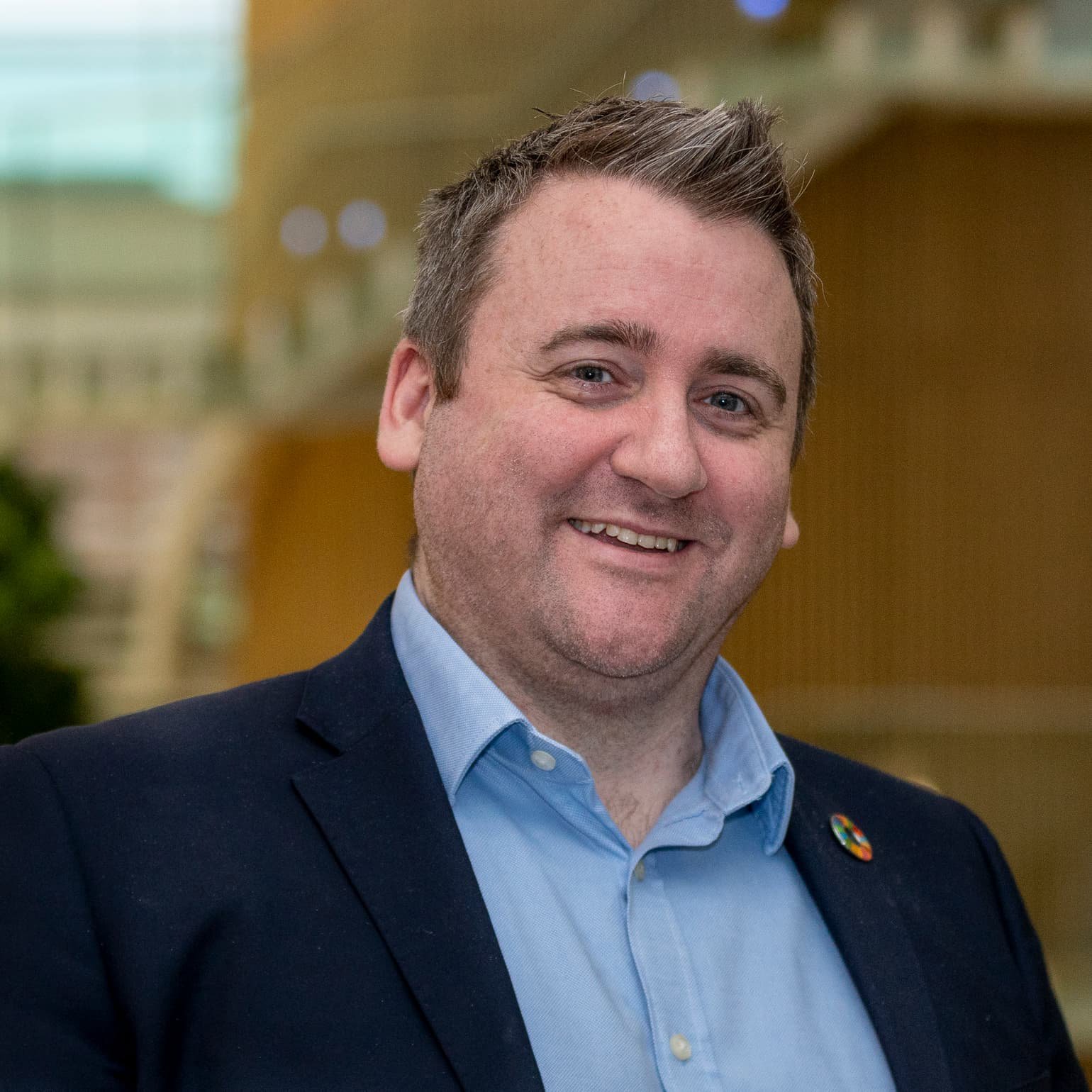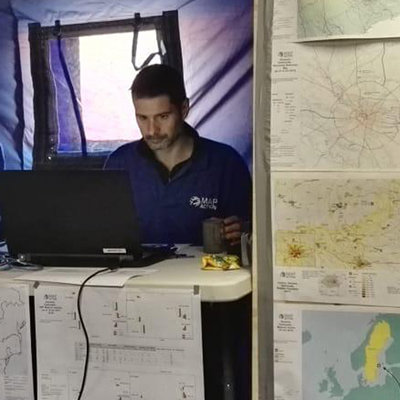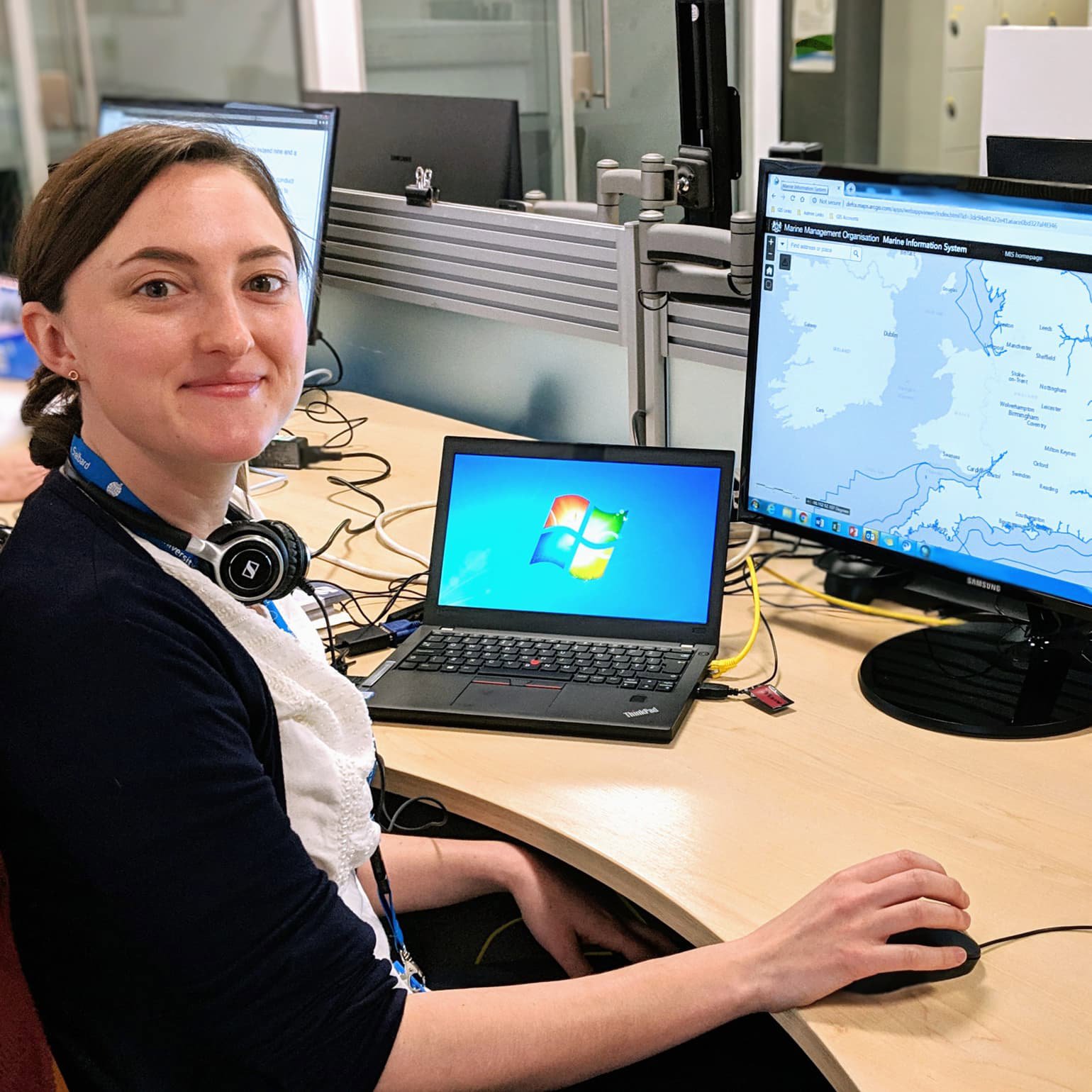What does a career in the sector look like?
A career applying GIS will require technical knowledge and a willingness to develop and apply your skills in handling, analysing and presenting geospatial data. However, a job using GIS is unlikely to only need technical competence, and good communication skills and creativity will also be useful.
The range of applications of GIS skills is enormous – geospatial data and skills are increasingly central to the UK’s economy, and location data have been described as “the coal and iron fuelling a new revolution”.
As well as a large number of organisations specialising in geospatial data use, GIS specialists may be employed in almost any organisation or sector. You could be doing anything from designing AI to improve satellite mapping, to creating maps of flood risk across a river catchment, to analysing and predicting the performance of retail locations.
Have a look at our geospatial career profiles to learn more about what a career in GIS and mapping can involve and how to get started. Our geospatial case studies and geovisualisation series also demonstrate some of the many applications and impacts of GIS skills.
Terri Freemantle, Senior Earth Observations Specialist, Satellite Applications Catapult
"My present role requires a diverse set of skills. I undertake technical governance on projects in addition to conference participation so excellent written and oral communication and team leadership skills are required. Technically speaking, good coding skills are important for a role in Earth Observation. The industry is increasingly using open source tools and software, so knowledge of both commercial and open source programming languages, image analysis and GIS analysis software are a must”

"My main responsibility has been to administer ArcGIS Online and understand how the organisation can benefit and deliver mobile data collection apps, story maps and web apps - producing both internal and external facing tools. I am also responsible for analysing a wide range of internal and external data that helps the Trust understand its assets, from land to coastlines, buildings to trees and to enable strategic management decisions to be made”
Richard Martin, GIS Analyst, National Trust
Ian Coady, Geospatial Advisor, Department for International Development
"Although technical skills (GIS, spatial analysis etc) are important, the most important skills [in my role] are definitely the soft ones. I find myself presenting at an event at least once a week and I write briefings for government ministers and senior civil servants, so strong communication skills through a range of mediums are essential. I spend a lot more of my time networking than I ever thought I would”

Advice on getting a job in the sector
Developing your skills in using GIS technologies is key. It’s increasingly important to be able to use multiple platforms (commercial and open source) and to be able to code – so you should think about developing your skills with R, Python, Javascript and other. Courses in your geography degree that include GIS use can be very useful for teaching you skills in a structured way. There are also lots of online training courses, many for free.
An alternative option to start a geospatial career is a geospatial apprenticeship, where you will gain experience in work while earning money. There are apprenticeships available as a Geospatial Survey Technician, or the degree-level Geospatial Mapping and Science Degree apprenticeship.
It is important to demonstrate to employers how you can apply your skills and what functions and tasks you can do. Volunteering is one way to do this. For example you can contribute to development/humanitarian mapping via organisations like Missing Maps, GIS Corps, Humanitarian Open Street Map or MapAction, or contribute to open GIS via organisations like OpenStreetMap or Geo-Wiki. You never know which organisations could use some GIS support, so consider whether you could offer to use your skills in a placement or some part-time work with a company, local council or non-profit.
Richard Martin, GIS Analyst, National Trust
"From a GIS perspective, open source software has come on leaps and bounds and also includes a multitude of training material. Even major GIS suppliers such as Esri, now offer ‘Home’ editions and access to training material. A basic understanding of coding (e.g. Python) as well as IT environments can also come in handy. Plus, getting involved with projects such as OpenStreetMap/Humanitarian OpenStreetMap will give valuable practical experience whilst benefiting the whole community who rely on the data.”

Andrea Sibilia, Assistant Geospatial Specialist, WSP
"At the beginning of your career I suggest getting a broad overview of the different aspects of GIS. It’s good to have at least a basic knowledge of different GIS software (QGis/ArcGis) and techniques to carry out spatial/network/3D analyses. I would say that it is essential knowing how to automate data processing (i.e. using Model Builder) and also learning to code. It’s good to know a bit of Python, HTML and Java Script for web mapping, and R. This gives you much more chances to get a first job, then during your career you’ll have the opportunity to specialise yourself in your main field of interest.”

Heather Bell, Data and Geographical Information Systems Analyst, Marine Management Organisation
"Having the extra skills on my CV really gave me something to talk about in interviews and made me stand out from the crowd. I would advise everyone to try and work towards something in addition to your degree if this is the pathway that you have chosen. This doesn’t necessarily need to cost you anything financially... My advice would be to persevere, and if you don’t feel things are heading in the direction that you hoped straight after university or your first job, apply to do something different”

Owen Miller, Problem Solving Analyst, Thames Valley Police
"I got really lucky whilst doing an internship and on my last day at university they rang to offer me a full-time job! This only happened because I’d plucked up the courage to go and say hello to them after a workshop. Remember everyone has started where you are, so go and say hello if you are interested in what they do, you may be surprised what may happen!”

More resources
ESRI - Careers with GIS
Resources from careers services:
National Careers Service job profiles including:
AGI: the Association for Geographic Information, the organisation which represents the UK geospatial industry and promotes geospatial skills and innovation.
Image: @karsten_wuerth/Unsplash

